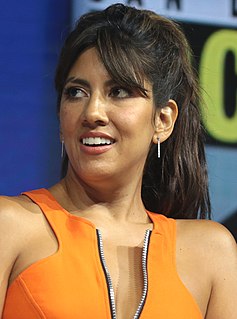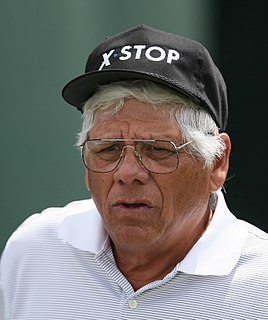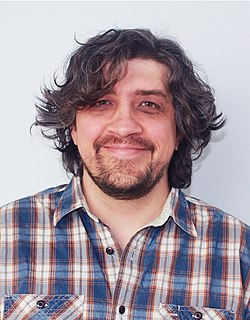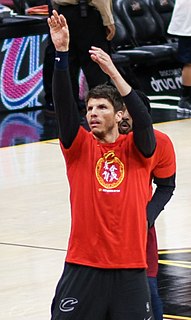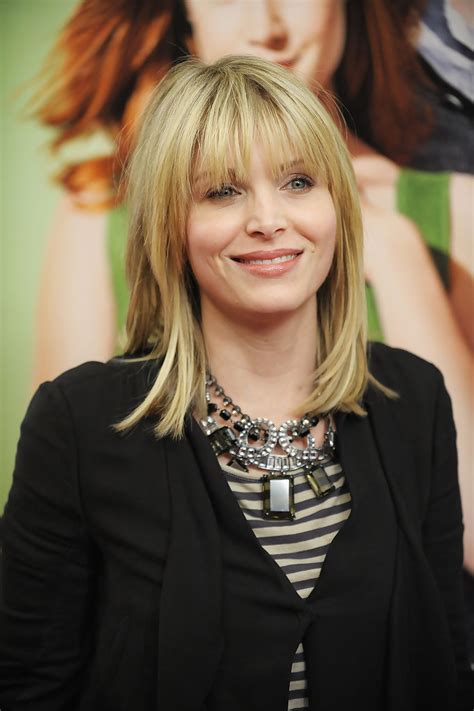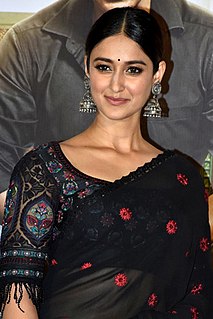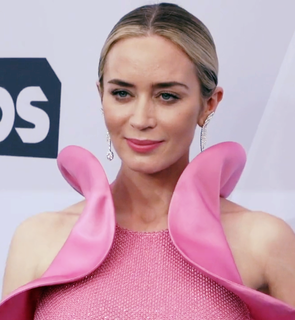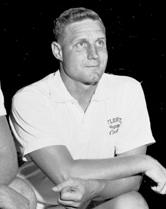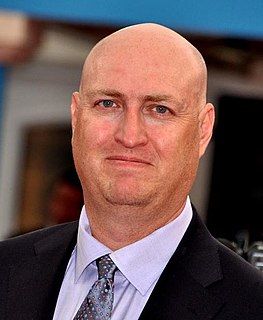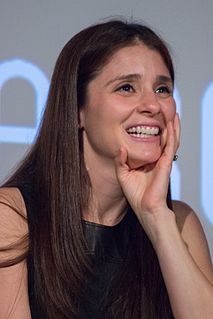A Quote by Andrew Haigh
If I can do a scene in one shot, it's in one shot. Most of my shots are pretty long. I think with 'Looking,' what we have in the first minute is a whole episode of a traditional TV show. I like to let things breathe; I like to let things have a certain tone.
Related Quotes
I have a big, long episode [in Full Circle] with Calista [Flockhart], and then my character actually carries out through a lot of it because he was a cop investigating this crime. But it is almost hard to remember, even though it wasn't that long ago. We shot it so fast. We literally shot that whole episode in one day.
Every shot feels like the first shot of the day. If I'm on the range hitting shot after shot, I can hit them just as good as I did when I was 30. But out on the course, your body changes between shots. You get out of the cart, and you've got this 170-yard 5-iron over a bunker, and it goes about 138.
The time to hurry is in between shots. It's not over the shot. It's timing how people walk. You have to add that to the equation. If you've got somebody walking slow and they get up to the shot and take their 20 seconds, what's the aggregate time for them to hit that shot in between shots? That's what really matters. It's not the shot at hand.
I think at a certain point we a little bit forgot that it was a pot show. I think I said something to Harry [Elfont], around Episode 7 [of mary and Jane], I was like, "We have a pot show. Nobody is smoking any weed." There is literally a shot in the season finale where everybody lights up at the same time. I was like, "I feel like we are not honoring our concept." It just became a show. It became a show about these two girls doing this crazy thing and getting into all these adventures and it was really not about the weed.
There are story-room sessions where you think about the big picture, like a novel, but once you have certain things in place, you have to treat each episode like an hour of TV, and think that maybe this will be the only episode that anyone will ever watch. You want to have some sort of beginning, middle, and end to the episode, even if you have storylines that are carrying over. You still want it to feel like a cohesive hour of entertainment. And you can't think about both at the same time.
Growing up, there were TV shows that were very funny but very traditional. Classic things like 'Fawlty Towers,' obviously, and 'Blackadder' were pretty traditionally shot. And then there were the ones that start to break the mold or be really ambitious. The ones that spring particularly to mind would be 'The Young Ones.'

